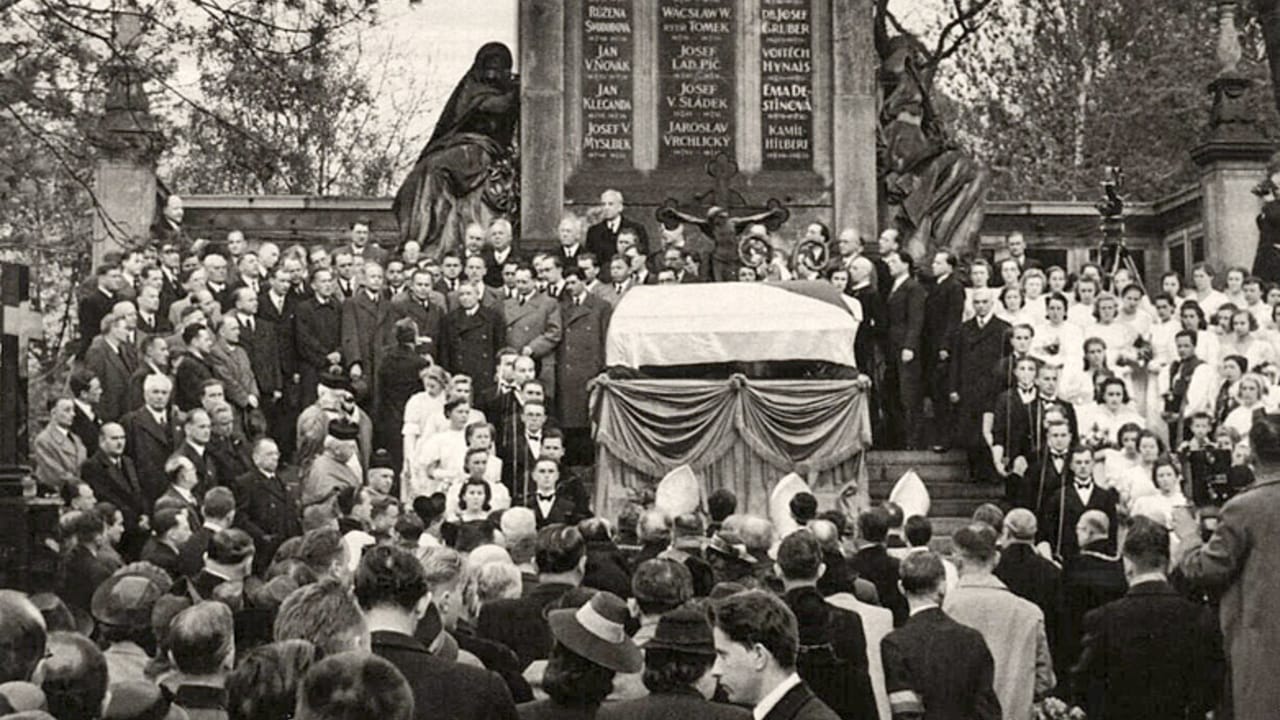
The second funeral of poet Karel Hynek Mácha, whose remains were exhumed from the occupied Sudetenland 85 years ago and taken to Prague for a second ceremonial burial, ended up turning into one of the biggest anti-Nazi protests in the early years of the occupation.
The Czech romantic poet Karel Hynek Mácha died on 6 November 1836 at the age of just 25, after falling ill from overexerting himself while helping to extinguish a fire. He was buried in Litoměřice, tragically on the day that he was supposed to get married.
To many Czechs, Mácha was a symbol of freedom and the Czech national awakening. That is why, when over 100 years later, Nazi Germany occupied the Sudetenland where Litoměřice was located, the head of the Czechoslovak National Bank, Karel Engliš, wanted to prevent Mácha’s remains from getting into German hands.
See the rest here.

